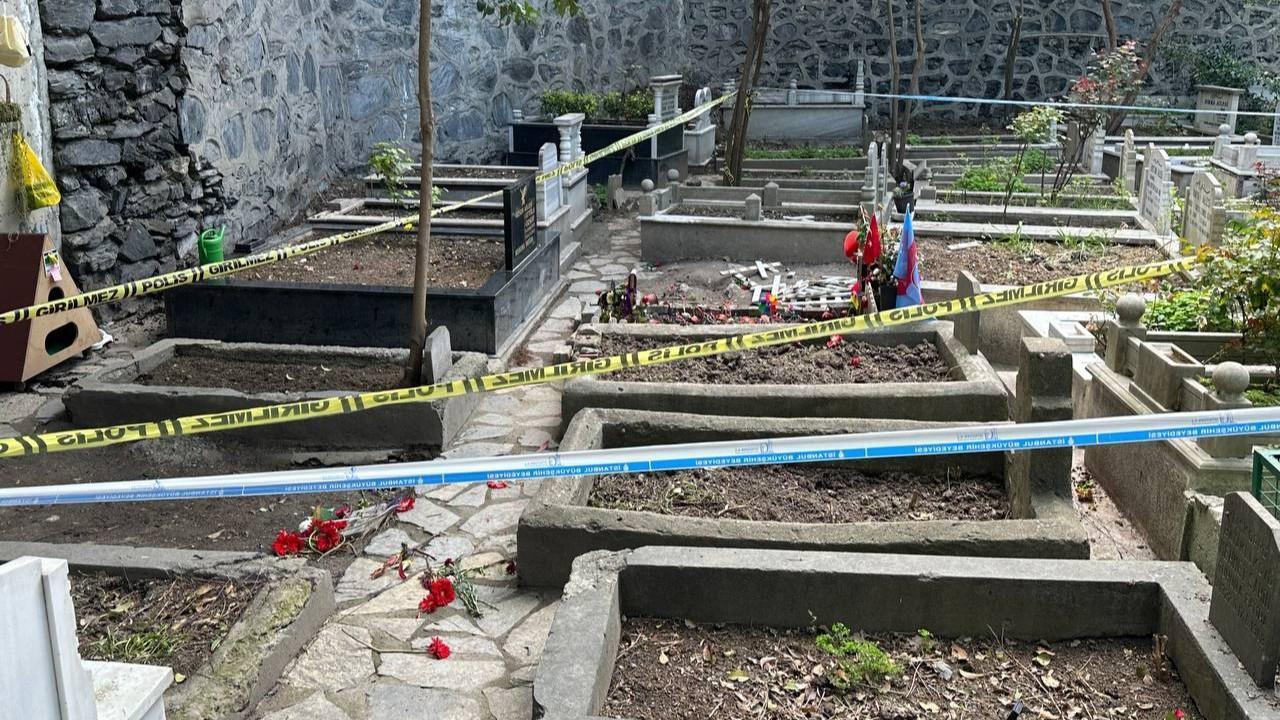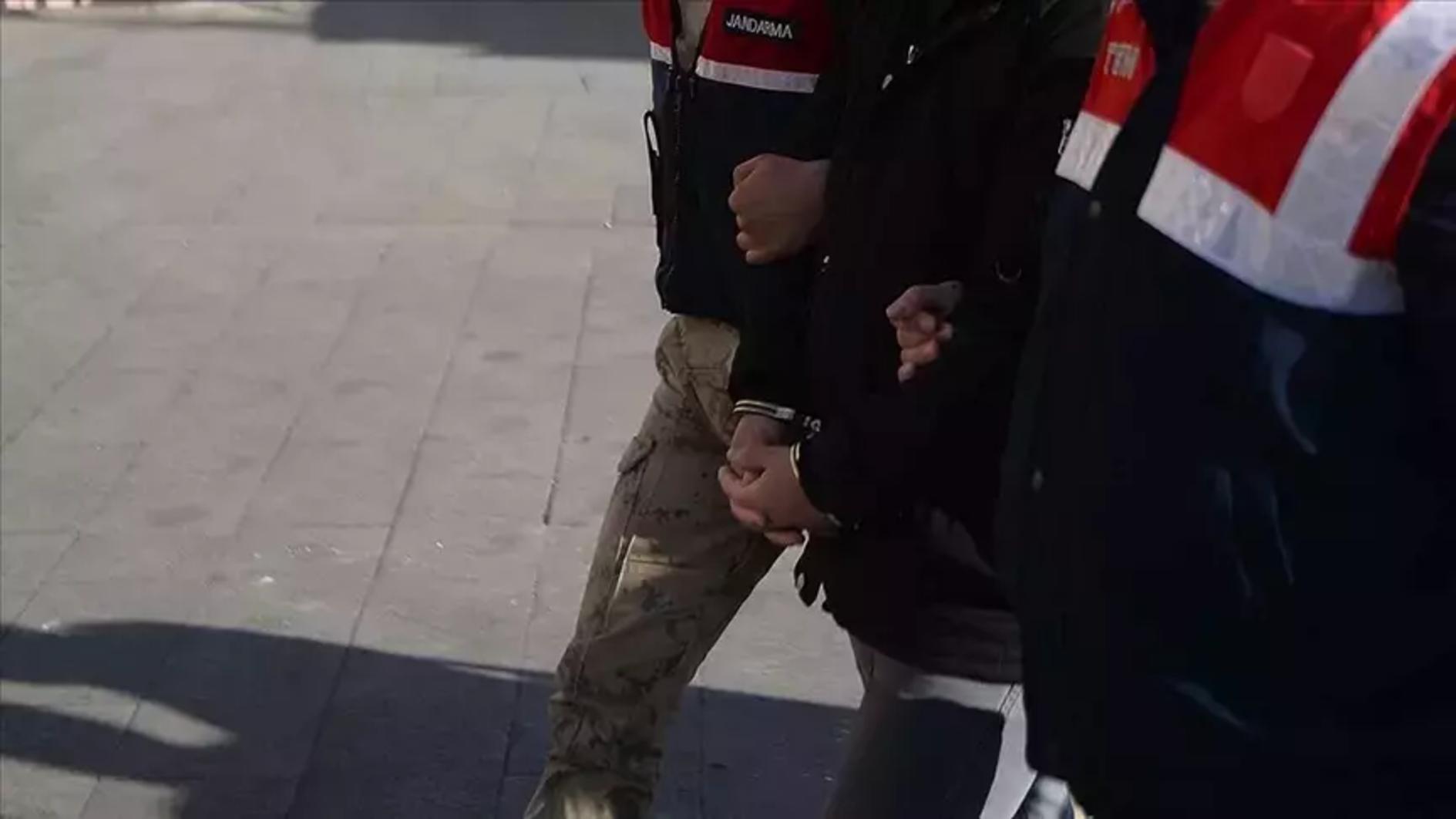Εμείς ποδά κι εσείς ποτζεί*
METİN MÜNİR NICOSIA
Last Friday, a registered mail notification in my name arrived at a friend’s address on the Greek side of Nicosia. I went to the post office located over the city wall facing Ledra Street.I gave the notice paper to the Greek on the counter. He went back grumbling, came back with a small package. He said, “May I see your ID?”
I took out my Turkish Cyprus identity card and gave it to him.
“We do not accept this,” he said. “Don’t you have another ID? A Cypriot Republic ID?”
I told him I did not have any other ID.
“Then I cannot hand this packet to you.”
Why?
“In official Cypriot offices, only Cypriot identities are valid,” he said.
“Do you ask for Cypriot identities from Guatemalans as well?” I asked.
He shrugged.
Knowing that it would be in vain, I nevertheless went to the manager of the post office, but she reiterated the same thing.
“Bring another ID,” she said. “This identity is not valid. We will return the package.”
This was not true. Just a while ago, I used the same ID and showed it to the Greek Cypriot police while crossing from the Turkish side to the Greek side. Thousands of Turks cross to the Greek side monthly using these ID cards. Three or four months ago, I picked up another package with the same ID from a different Greek Cypriot post office.
Apart from that, the post office is not a passport booth. Receiving a package from the post office has no connection with citizenship or who issued your ID card.
They knew all these but they were just displaying plain discrimination; they were being treacherous just because I was a Turk.
I am no stranger to this attitude.
The Cypriot Republic, which was formed after the British left the island, was dominated by the Greek Cypriots after intercommunal clashes started in 1963, and Turks were forced into living in ghettos in enclaves where they were the majority. To force the Turks to leave the island, the Greek Cypriots resorted to every method, including massacres.
I think it was 1964. I had lost my passport. I went to the passport department and got in line. When it was my turn, the Greek employee asked me, “What do you want?”
I told him I had lost my passport and wanted to get a new one.
“You Turks always lose your passports,” he said and pointed at the long queue behind me. “Go and join the queue again.”
I went to the end of the queue. When it was my turn in a couple of hours, it was only him and me left.
“Come tomorrow,” he said. “The shift is over for today.”
Similarly, in airports, all other passengers would pass freely but they would make Turks gather at one side and search their baggage high and low. They would high-handedly confiscate any item they wished.
In one case, I had a bottle of rakı in my luggage that I had brought from Ankara for a friend. The Greek Cypriot officer told me, “You cannot come in with this.”
I told him I had the right to bring in one bottle.
“You will pay custom tax,” he said.
How much?
He named an incredible amount of money. He thought I would leave the bottle for him and go. I told him I would pay it, just to avoid giving him that pleasure. I paid it and left.
After the border separating the communities was opened and when crossings between the two zones were allowed, I made truly dear Greek Cypriot friends.
But I know that the Greek side is a foreign country for us and the majority of those living there are like the ones in the post office. They are racist, strict, full of hate, unrepentant; they would never admit their faults and they never agree that you have a right to live as well. They are the kind who Cypriot Turks call “Assıl Gara Gavur” (Real Black Infidel).
And, to prevent, once again, us from becoming the meat and them becoming the knife, the best solution is to live in a loose federation – as loose as can be.
As some right-wing Greek Cypriots say:
Εμείς ποδά κι εσείς ποτζεί.
* We are here; you are there
mmunir@milliyet.com.tr
Metin Münir is a columnist for daily Milliyet in which this piece was published on April 25. It was translated into English by the Daily News staff.











